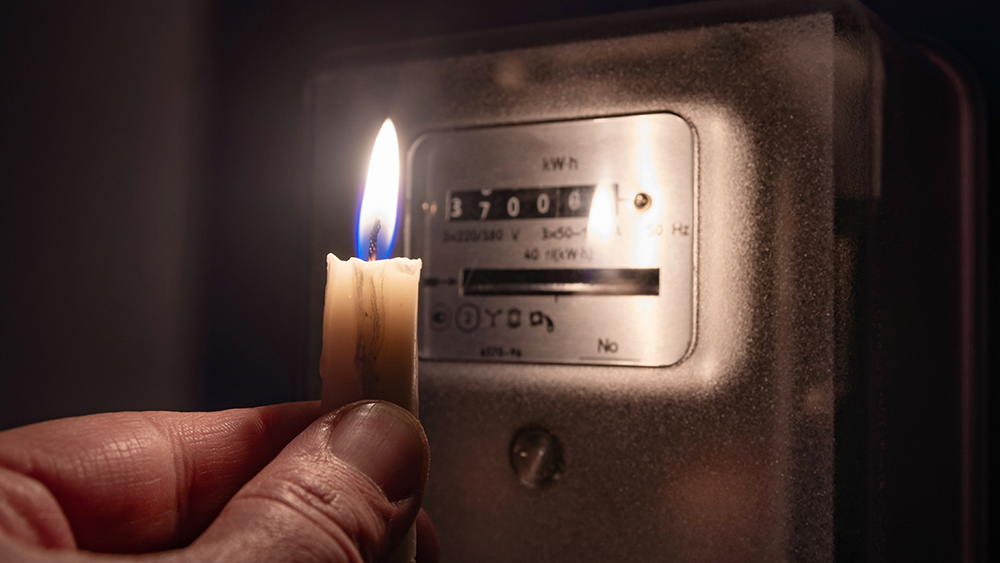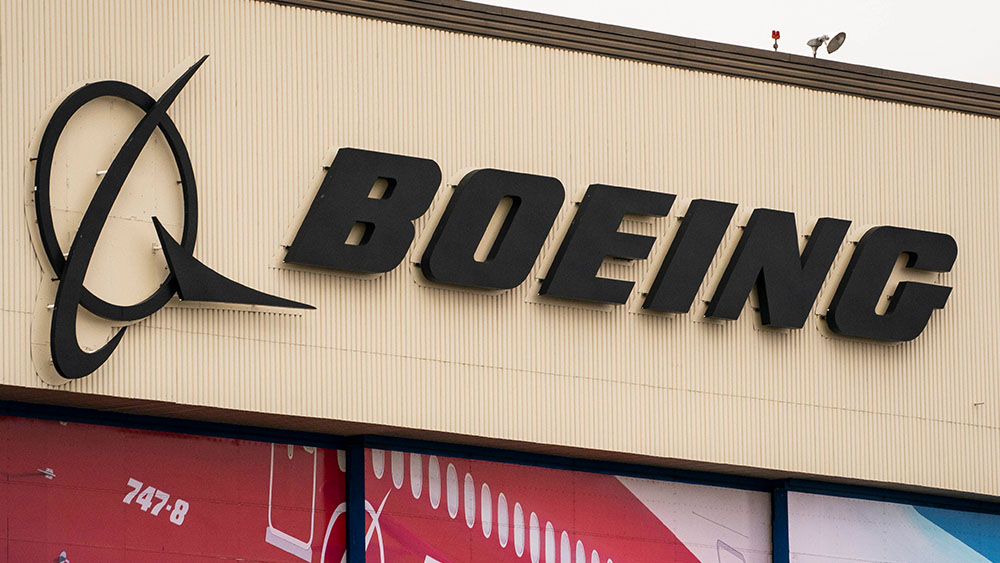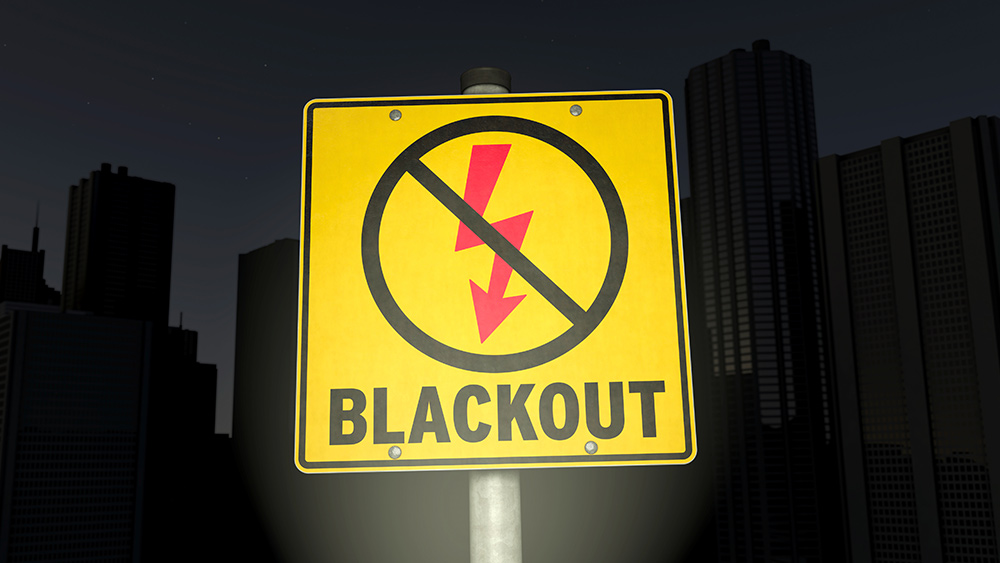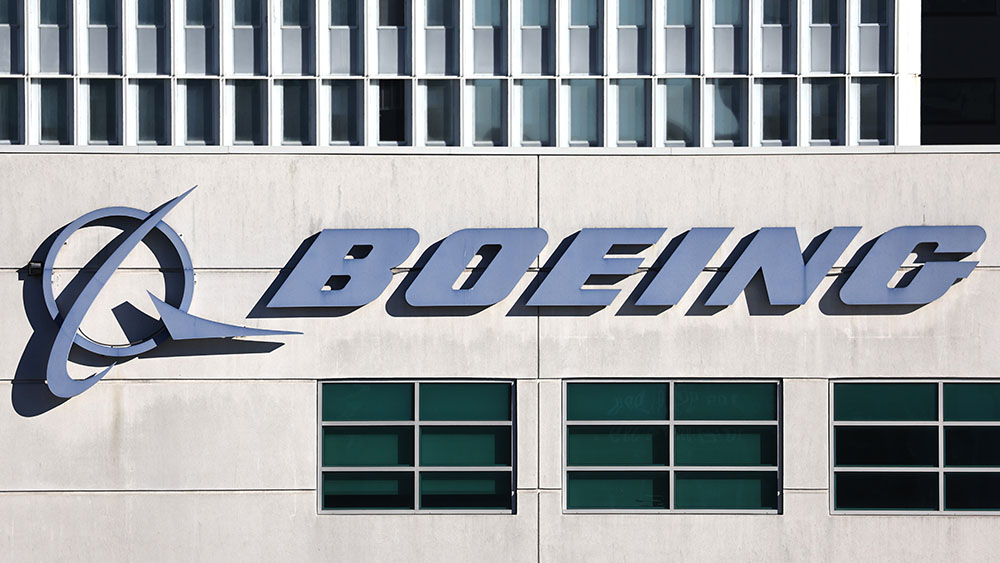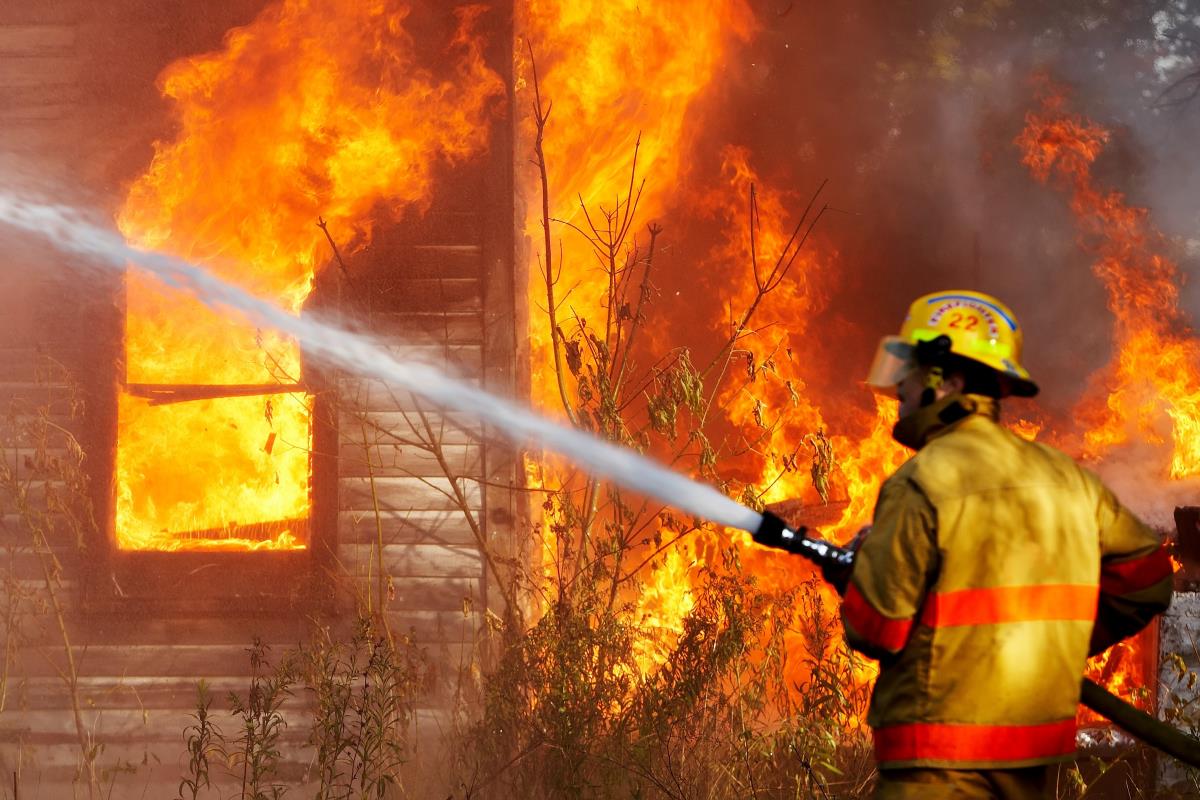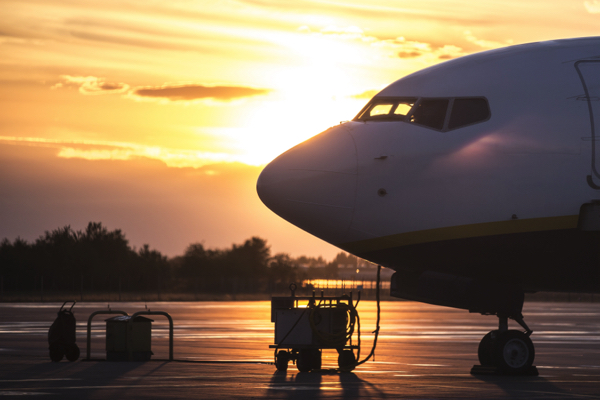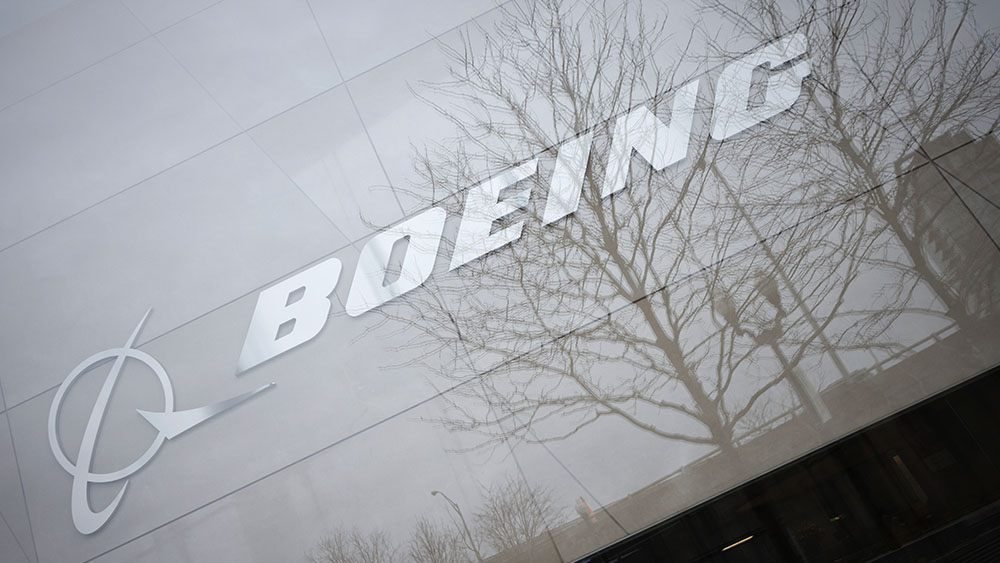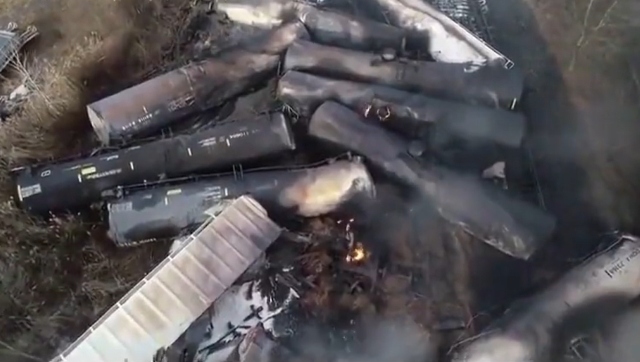Russian political scientist warns: The world is “on the edge of an abyss”
07/13/2024 / By Cassie B.
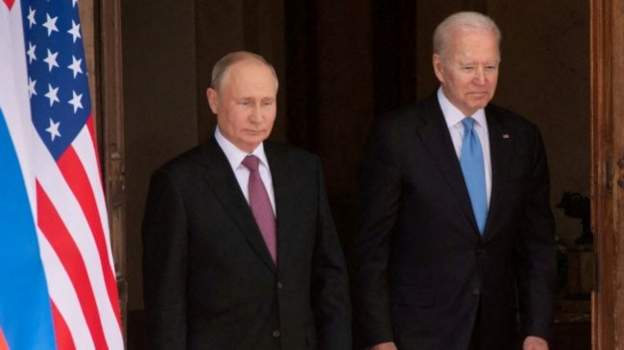
A top Russian political scientist has warned that the West could be on the brink of acting recklessly as it sees its influence dwindle in the wake of the Ukraine-Russia conflict.
Speaking at a roundtable discussion this week, Russian Academy of Sciences Institute of World Economy and International Relations Director Aleksandr Dynkin cautioned that the world is “on the edge of an abyss” amid a significant shift of power.
While the seat of the global world order used to be in Europe, it has been in the U.S. for quite some time. However, Dynkin believes this is all about to change as Russia, India and China enjoy growing influence that will be further bolstered by the conflict in Ukraine and its fallout. He said that the “political East” is poised to become an equal partner to the “political West.”
India and China have resisted calls to condemn Russia over its behavior in Ukraine, and Indian Prime Minister Narendra Modi even paid Moscow a visit this week and sat down with Russian President Vladimir Putin.
The West’s declining global influence and the mental struggles of U.S. President Joe Biden could spur desperation and inspire the West to make “reckless” decisions, according to Dynkin.
He said the last time the world was this close to a full-fledged disaster was during the Cuban missile crisis six decades ago.
Russia is proactively pursuing the formation of a new world order
Russian President Vladimir Putin has been embarking on a diplomatic offensive with developing countries in Africa and Asia, appealing to their frustrations with the West by providing them with an alternative.
In a summit held last week, he proposed setting up a new “Eurasian architecture of cooperation, indivisible security and development.”
He explained: “This new framework should replace the obsolete Europe-centric and Euro-Atlantic models that granted unilateral advantages to certain states.”
Putin is well aware that the global South is an important part of achieving his goal, and he has been working with China to shift the global balance of power in their favor.
This October, Russia is hosting a summit for the BRICS block of nations, which added four new countries to its membership earlier this year. More than 30 are still waiting for their applications to be approved, including Thailand and Malaysia.
It is important to note that BRICS differs from the EU and NATO in the sense that it has a loose framework and its requirements for entry are considered far less strict. Emerging countries can benefit economically by joining, they maintain, without the need to become a democracy or align their economy with Western standards.
In addition to courting widespread support for a multipolar world order via BRICS, Putin is also looking to extend an anti-America coalition that will also include the Middle East and North Korea. To that end, he recently visited North Korea and met with dictator Kim Jong Un. The two leaders announced a new pact that will provide mutual military assistance between the two countries should one of them be attacked. He also announced that Russia could provide weapons to North Korea, which could have a destabilizing effect on the Korean Peninsula and U.S. ally South Korea.
Meanwhile, political uncertainty in the U.S. ahead of the presidential election and divisions between Western nations over the war and genocide in Gaza have led to some cracks in Western alliances. Although some emerging countries may not necessarily side with Putin on all the issues, many are willing to put those reservations aside in hopes of strengthening their economies and taking on a more prominent role on the world stage.
Sources for this article include:
Submit a correction >>
Tagged Under:
big government, BRICS, chaos, Collapse, national security, NATO, nuclear war, power, Russia, Vladimir Putin, world stage, world war, WWIII
This article may contain statements that reflect the opinion of the author
RECENT NEWS & ARTICLES
COPYRIGHT © 2017 DISASTER NEWS

